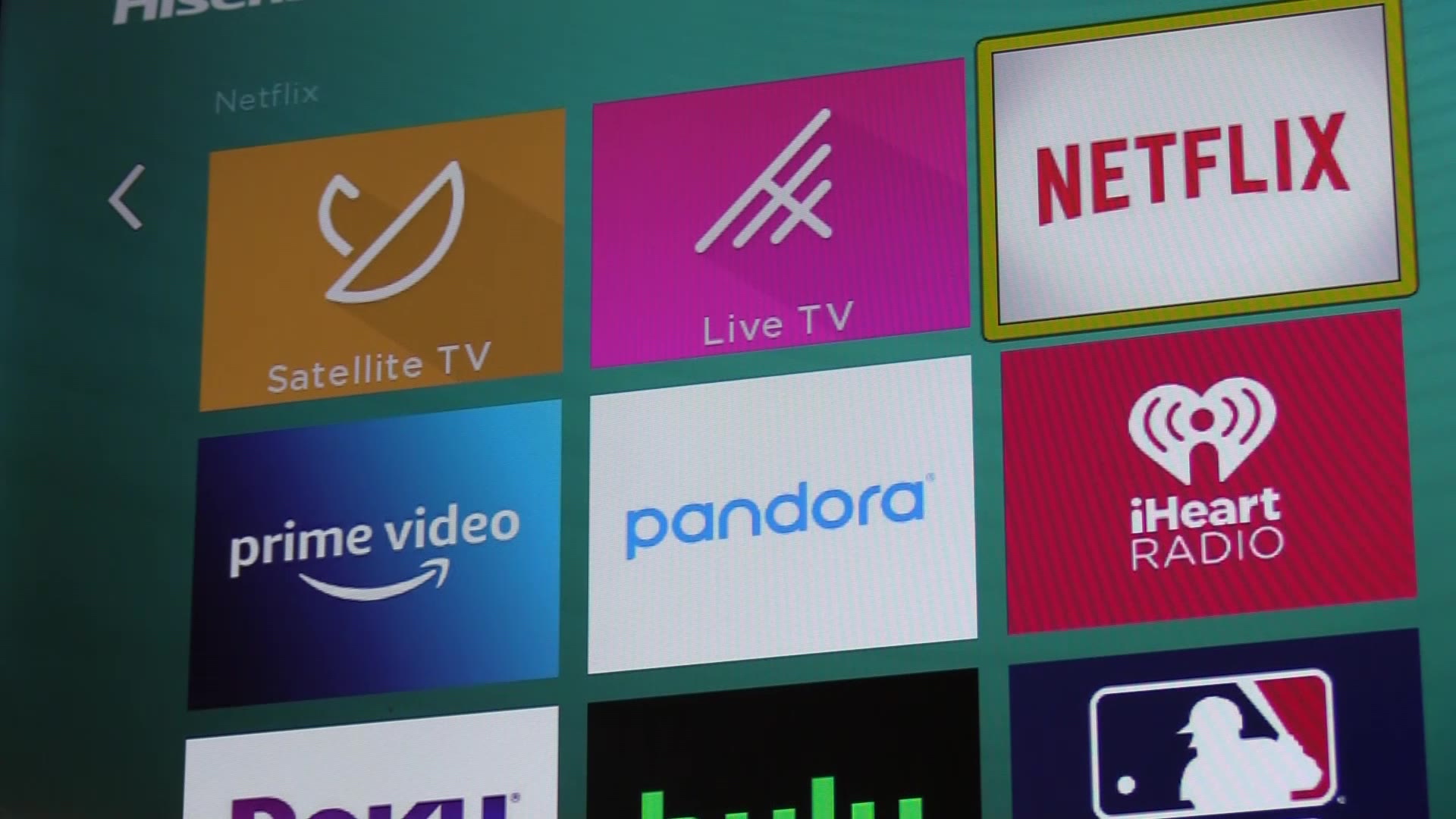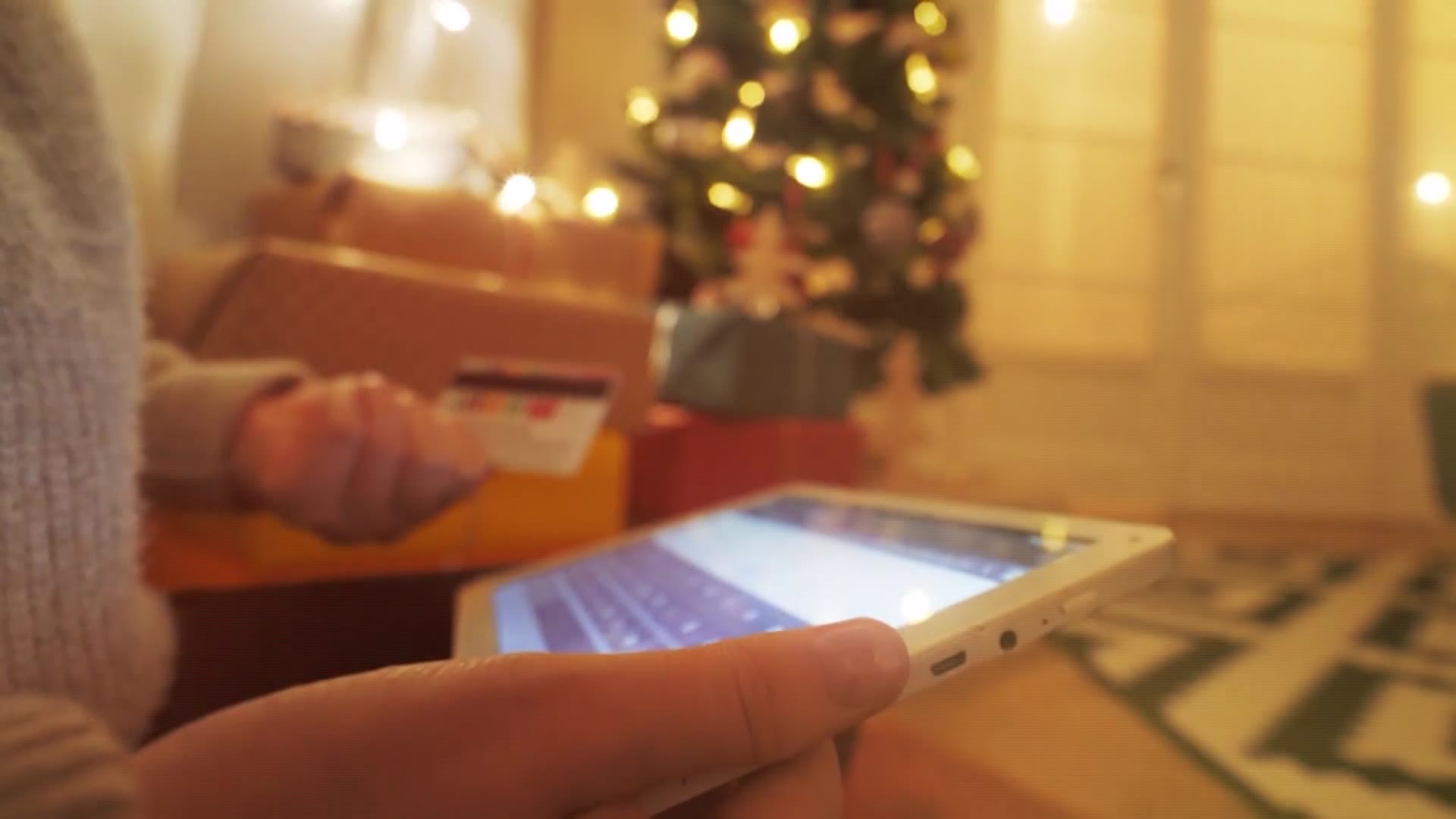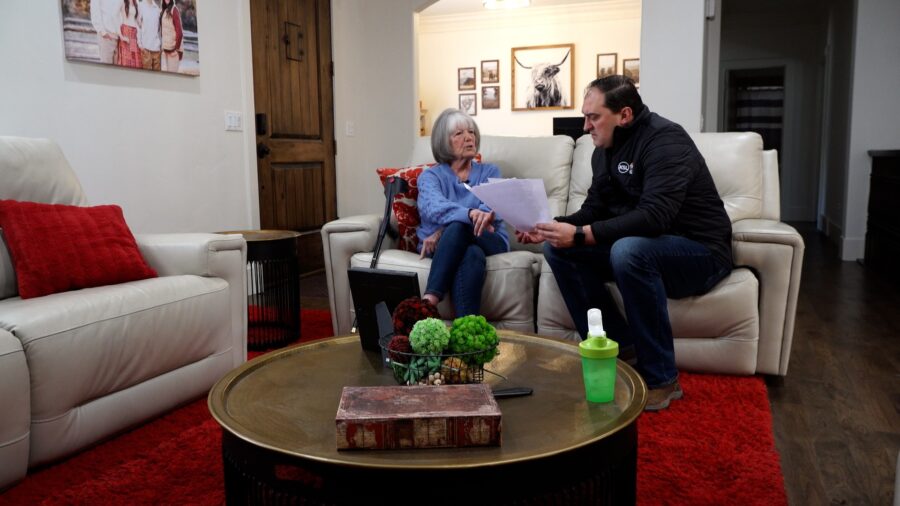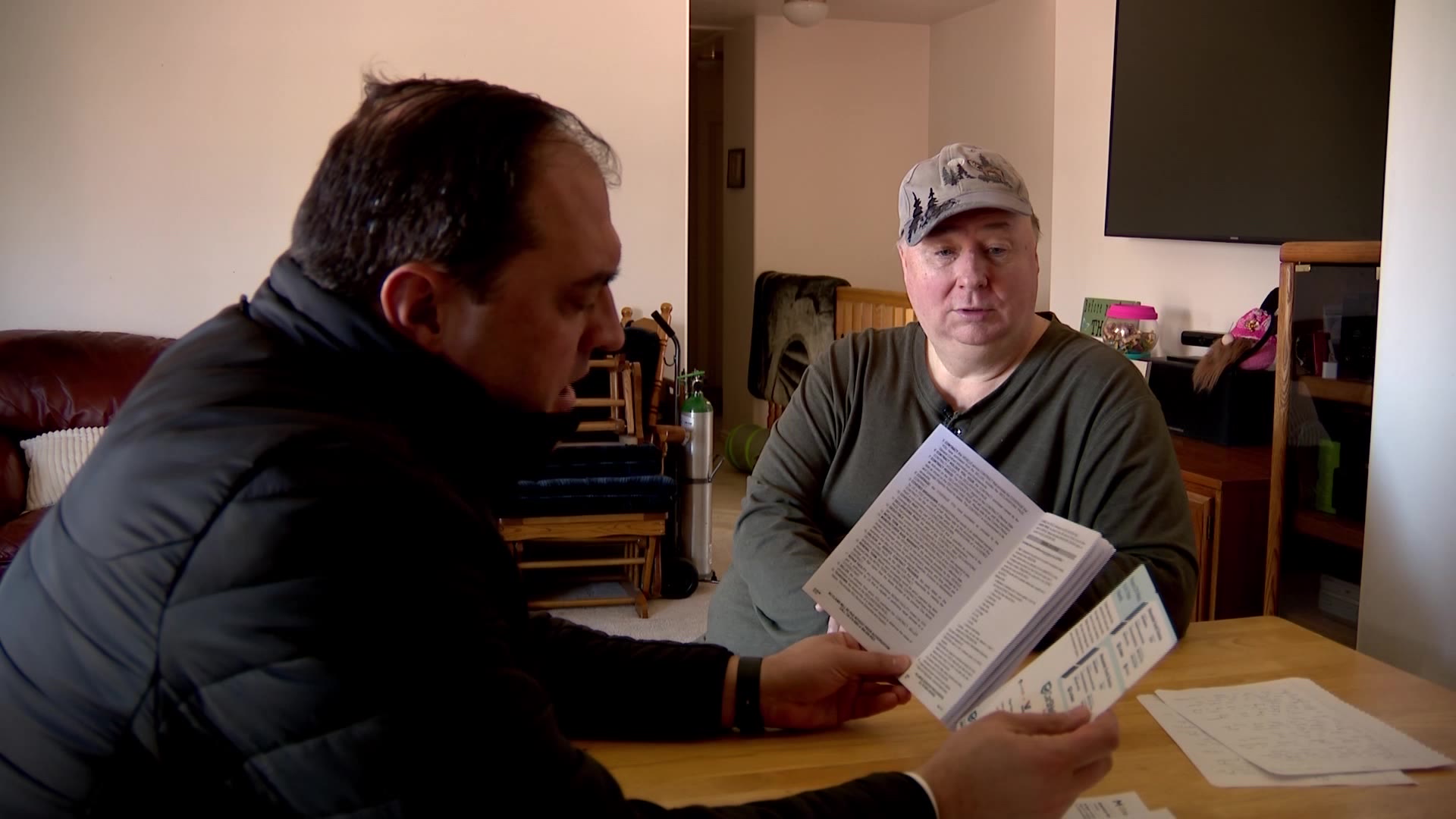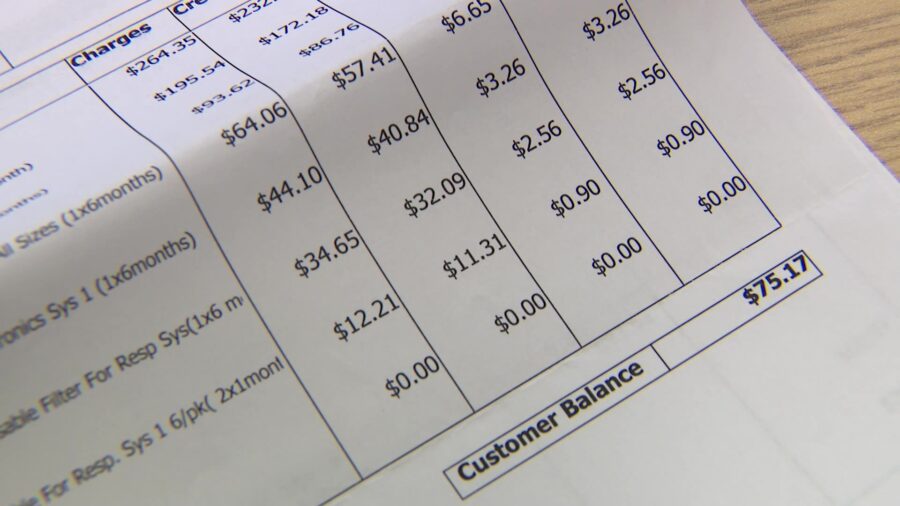Get Gephardt: How do you know if your donation really gets to those who need it?
Feb 3, 2023, 9:21 AM | Updated: Feb 6, 2023, 8:40 am
SANDY, Utah — Marshall Seal is happy to give to worthy causes, but he would rather not give his money to fraudsters.
“I had been taken for money before,” Seal told us. “Willingly gave it to him.”
So, when a post came up recently from someone claiming to be raising money for the homeless, Seal got suspicious.
“There was no listed charity,” he said.
The post was from someone, who in rather generic fashion, stated they wanted to help the homeless. The post included stock photos of people sleeping on benches and asked folks to donate clothing or money.
“That’s what kind of got me,” Seal said. “You want my Venmo and PayPal account?”
There are a lot of folks with their hands out these days trying to raise money. And, indeed, many are doing so honestly. Examples can be readily found on KSL all the time. From a Lehi couple sending thousands of quilts to Ukraine to a grade school in Erda raising money to buy clothes for needy kids.
Lehi couple’s ‘Wrap Ukraine with Quilts’ has surpassed 6,000 quilts
But how do you know the person raising money is really doing so altruistically? Bad news: even the experts are not always sure.
“There’s no real way for you to know,” said Katie Hart, director of the Utah Division of Consumer Protection.
Hart said that unless you are giving directly to a bona fide charity, there is always the chance your donation will not make it to those who need it.
“So with those ones (social media fundraisers), if I decide I really want to support something I maybe give $10,” she said. “It has to be an amount that if I lose, I’m not going to be devastated by that.”
You can limit that risk. Hart said there are many ways to give wisely. Ask questions like what specific charity is your donation going to? If you can, pay by credit card so the funds are traceable. And if you find yourself in a high-pressure situation, walk away. No legitimate organization will pressure you to give immediately.
And if you feel you have given money to someone that you suspect may have pocketed it, Hart says to call the Consumer Protection division.
“We have a robust investigative team that looks into all sorts of misrepresentations,” she explained.
If you want to know which charities are registered in the state of Utah, you can search the Consumer Protection Division’s database here. Other resources to scope a charity’s credentials and health include Charity Navigator, and the Better Business Bureau’s Wise Giving Alliance.



